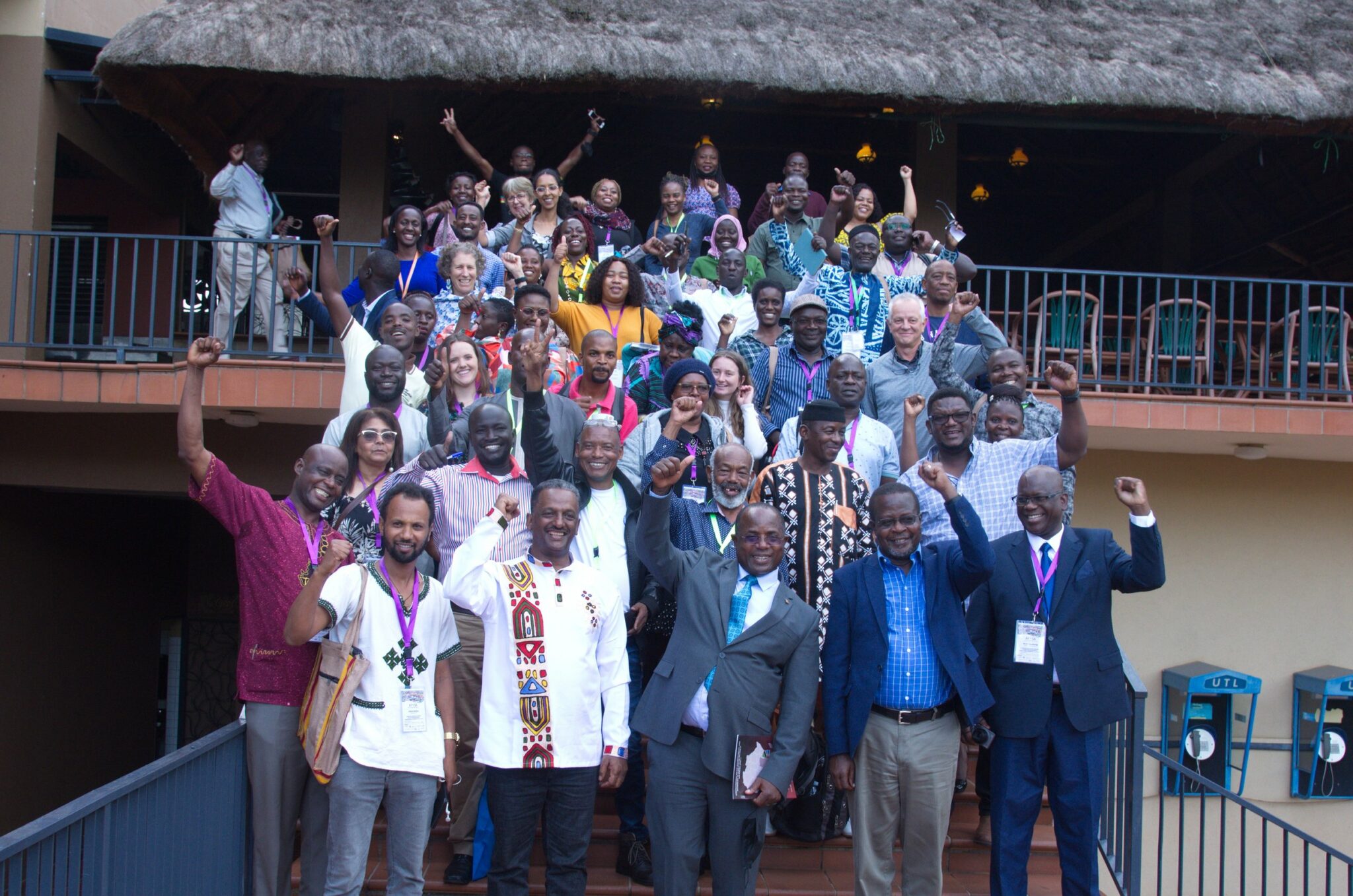Speaking as one voice, Africa is telling the world: Agroecology is not a transition, it is a rebirth.
Agroecology was our past. Agroecology needs to be our future. The missing link is in the present, and it is our responsibility to fill it.
The first African Agroecological Entrepreneurship and Territorial Markets convening
Grain and fertilizer shortages have caused a panic among many world governments. The Russia-Ukraine conflict, emerging on the heels of a global pandemic, has exposed the weaknesses of global industrial food systems and markets. Food security concerns are now at the top of national agendas.
Meanwhile, in regions like Africa, smallholder farmers, agroecological enterprises, and local markets have stepped up to meet consumers’ food and nutrition needs. Territorial markets – agricultural retail outlets embedded into local, national and regional food systems – were vital to ensure continued livelihoods and food and nutrition security for populations.
Building on this successful response, our long-term partner, the Alliance for Food Sovereignty in Africa (AFSA), organized the first African Agroecological Entrepreneurship and Territorial Markets convening #AAEC2022. The event aimed to strengthen African-led food economies to support agricultural livelihoods, celebrate African culinary traditions, and nurture entrepreneurial and small business ecosystems.
The hybrid event took place in Munyonyo, Uganda, on May 24-26, 2022. Over 130 actors from more than 30 countries, as well as some 100 virtual participants, engaged in the convening.
The AAEC2022 occurred at a timely juncture when the global community is starting to reach an agreement on the need to make our food systems more sustainable. The current context provides an enormous opportunity to amplify the importance and resilience of shorter supply chains, agroecological enterprises, and territorial markets to withstand global crises. It is also a key moment to demonstrate how smallholder farmers using agroecological practices can meet populations’ food and nutrition needs.
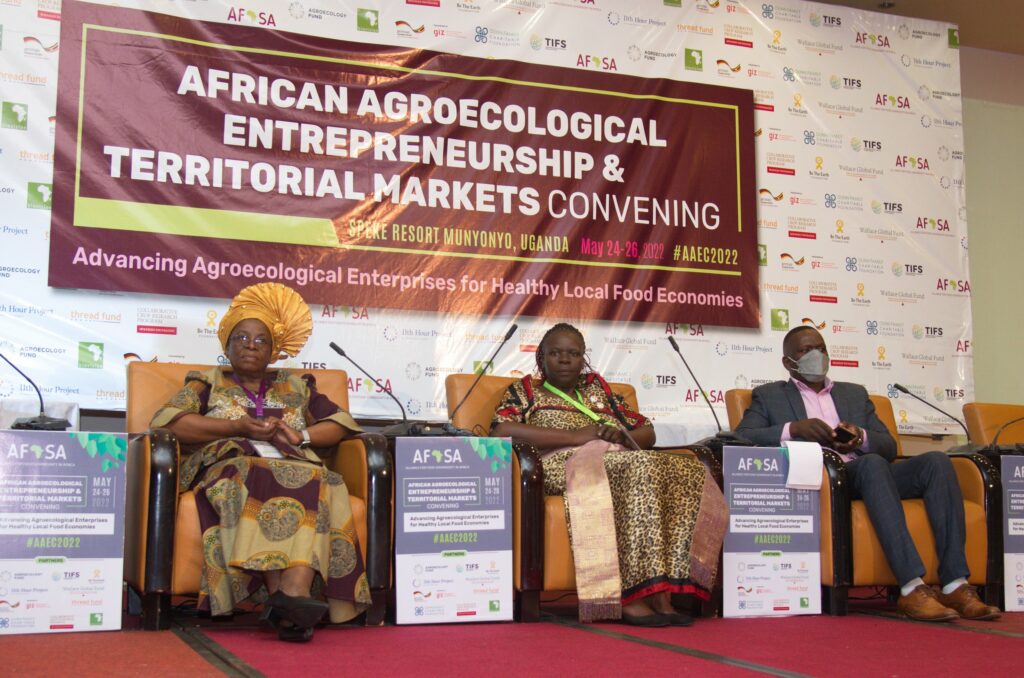
Bottom-up solutions
AFSA general coordinator, Dr. Million Belay, set the tone of the convening: “It is time for African governments and the donor and investor communities to place more attention in developing territorial markets and supporting agroecological businesses to make sure that communities will construct a resilient future despite the many crises that they are experiencing.”
A radical shift is underway, indeed. For too long, donors have invested in industrial agriculture with poor results in terms of livelihoods, health, ecosystems and human rights.
The convening served as a “think-tank” where farmers, civil society activists, donors, and journalists actively engaged in person and virtually. Their discussions focused on the necessary shifts in investment, policymaking, and education activities to draw a roadmap that can enhance support systems for territorial markets and agroecological entrepreneurs. [Note: A full report of these discussions and activities will be shared by AFSA soon.]
On the first day, participants visited territorial markets around Kampala to meet local producers and organizers. At the sprawling Nakawa wholesale market, an association of vendors introduced ASFA visitors to the wide variety of foods they sell and expressed their enthusiasm to carry non-chemical products. Among other things, local markets like Nakawa need additional infrastructure investment, for example, “shelf space” and refrigeration for healthy agroecological produce. This would encourage more agroecological producers and consumers to participate in these vibrant, public markets.
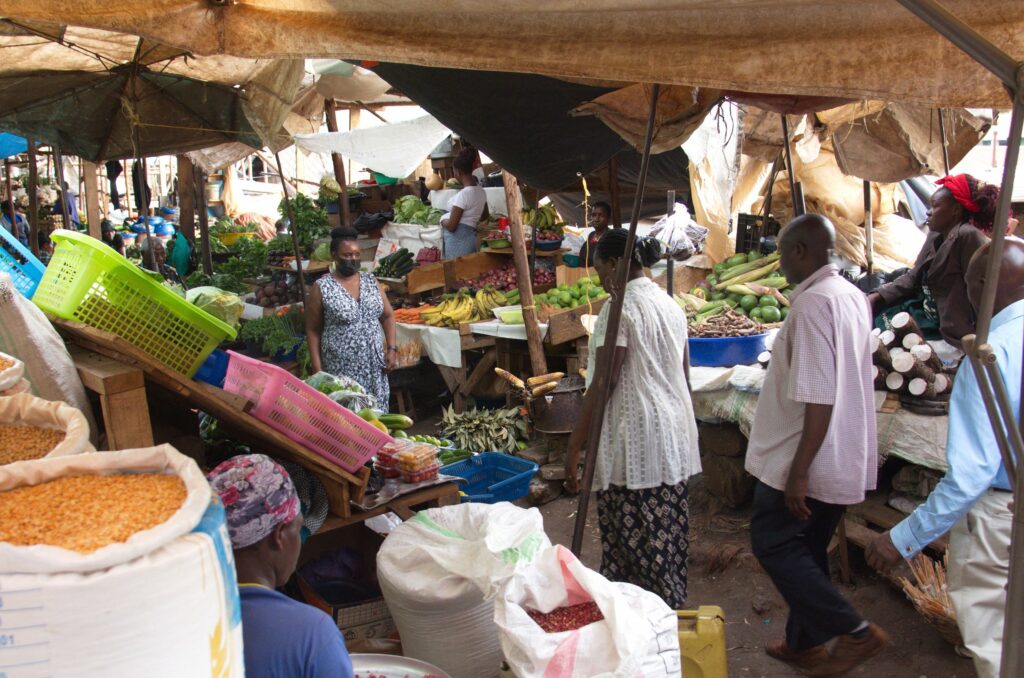
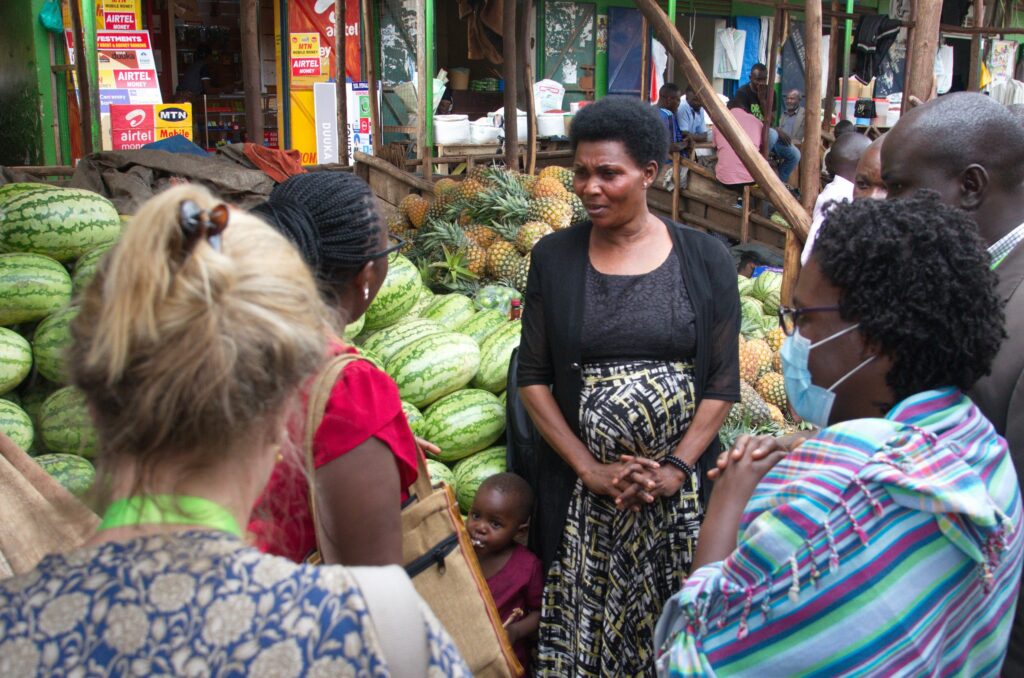
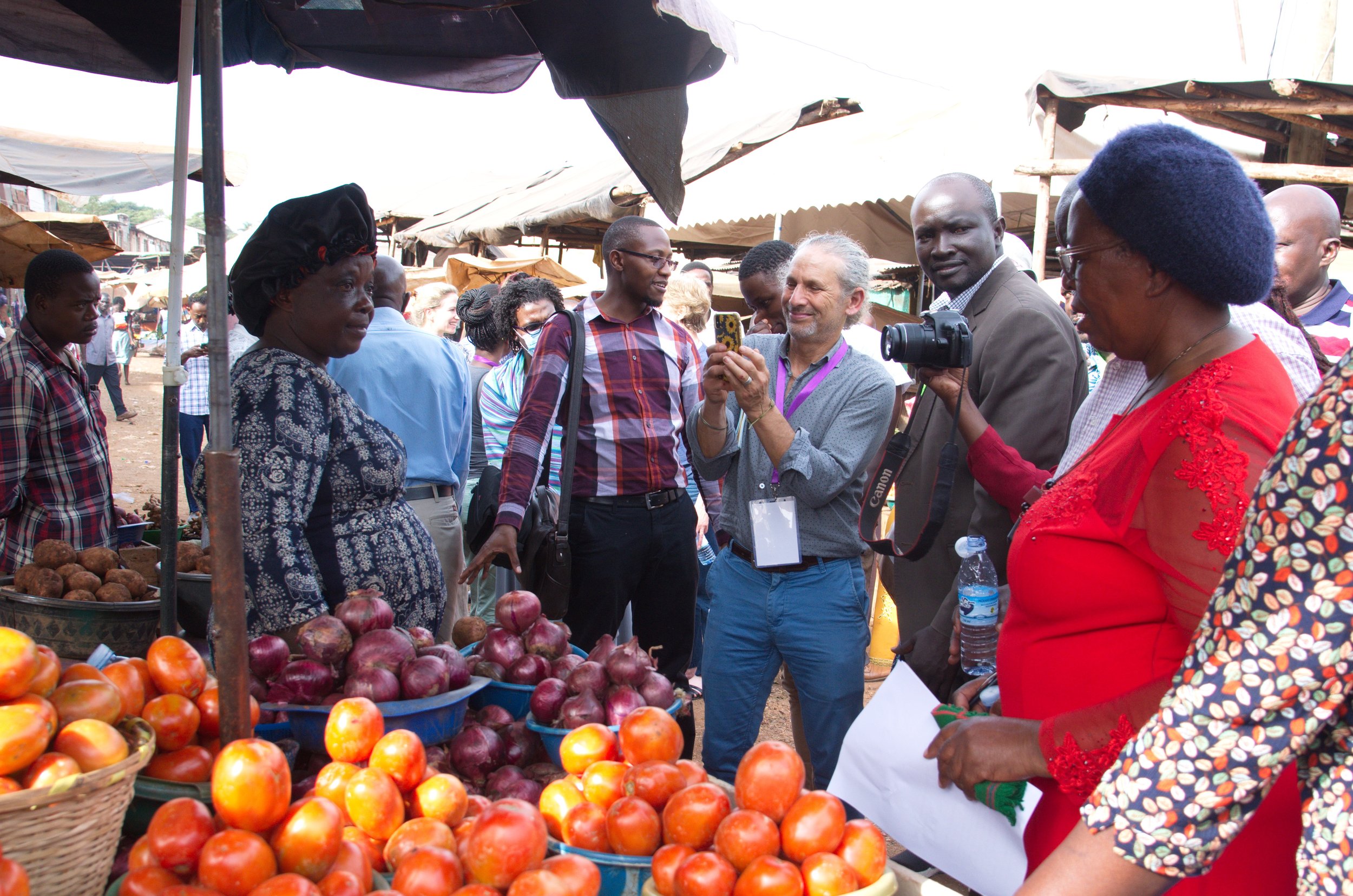
Nakawa Territorial Market #AAEC2022
Photo credit: AFSA
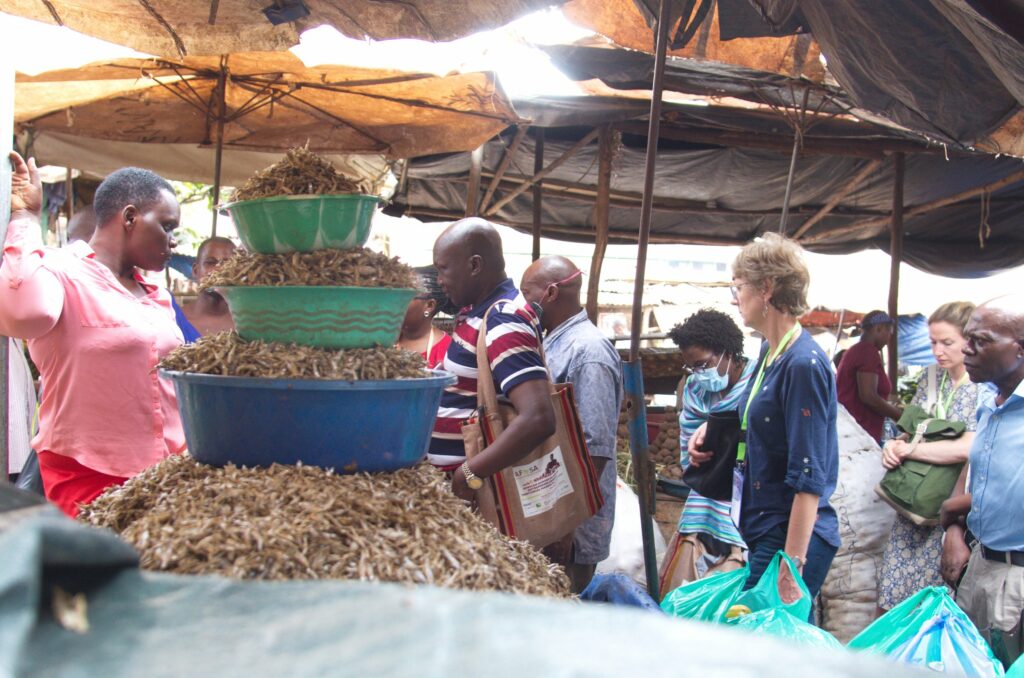
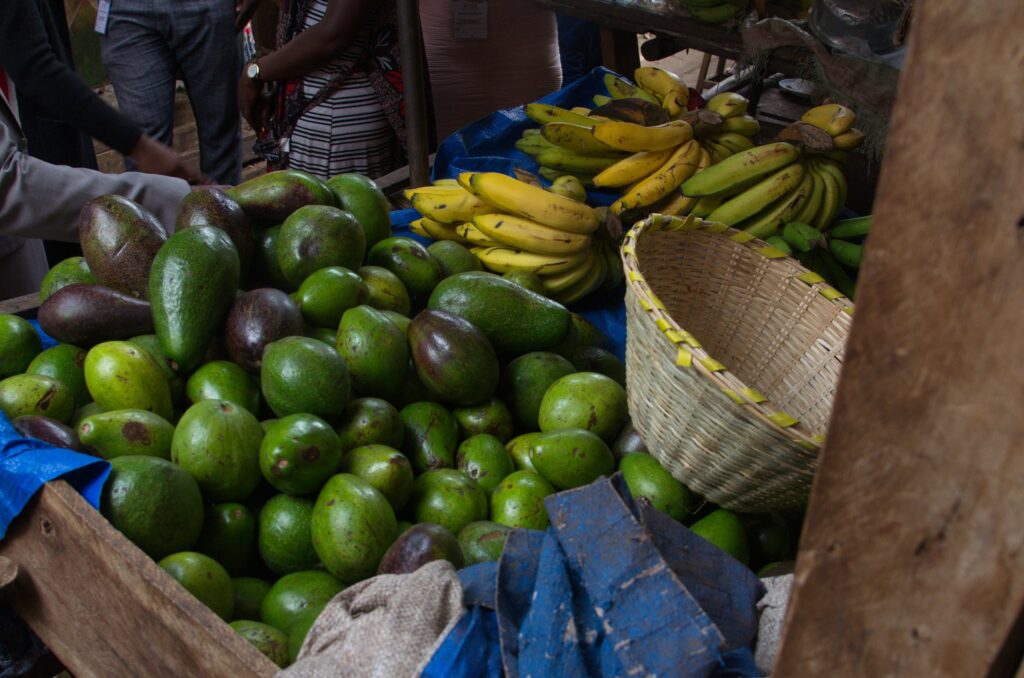
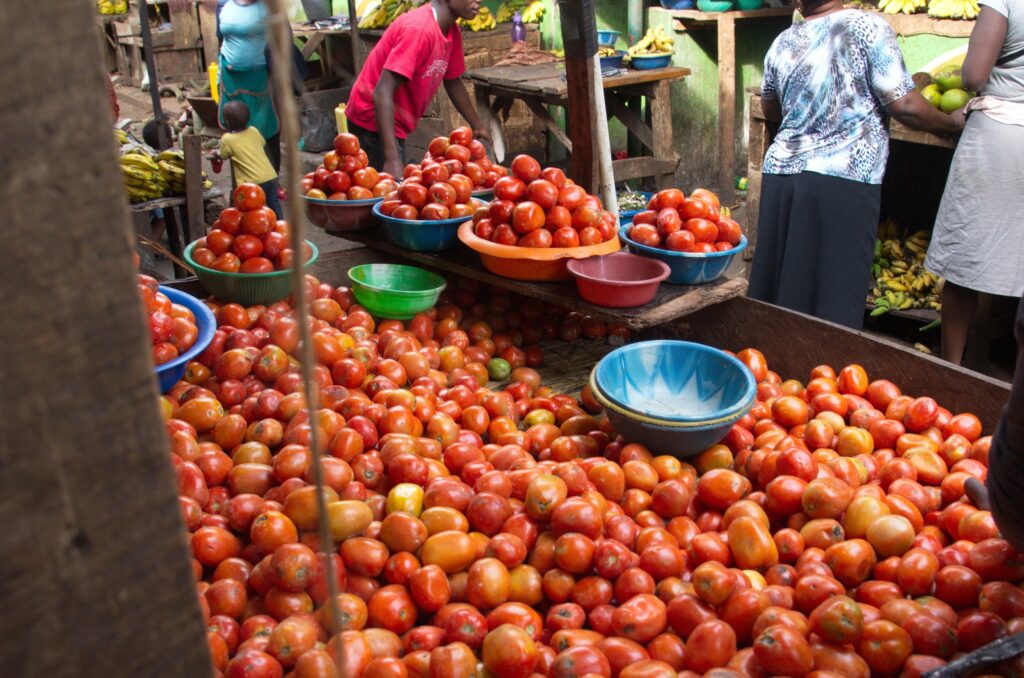
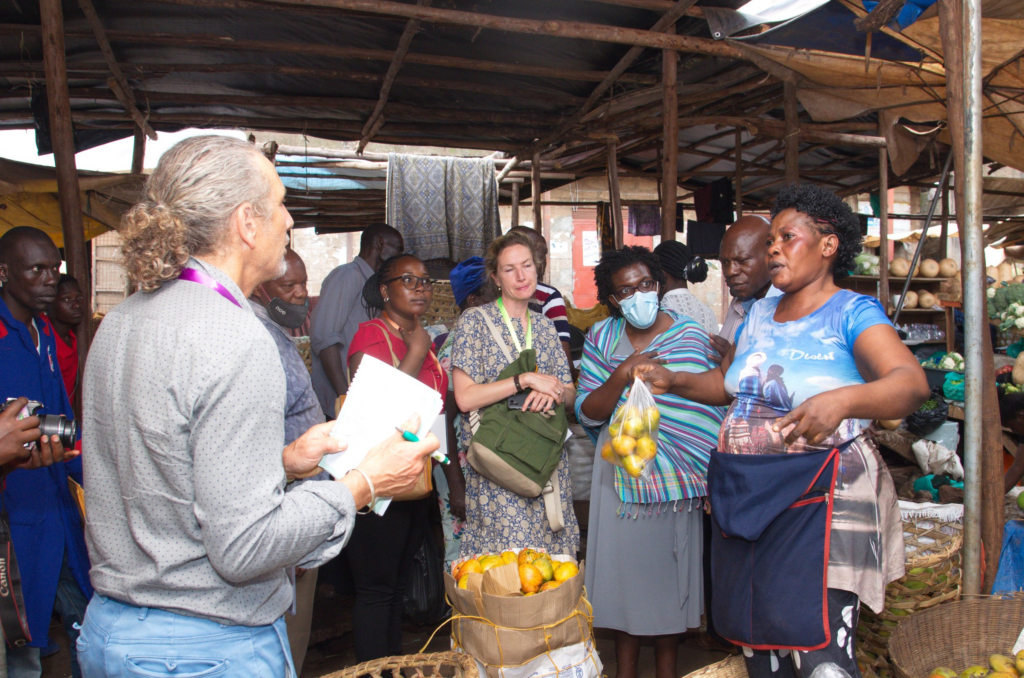
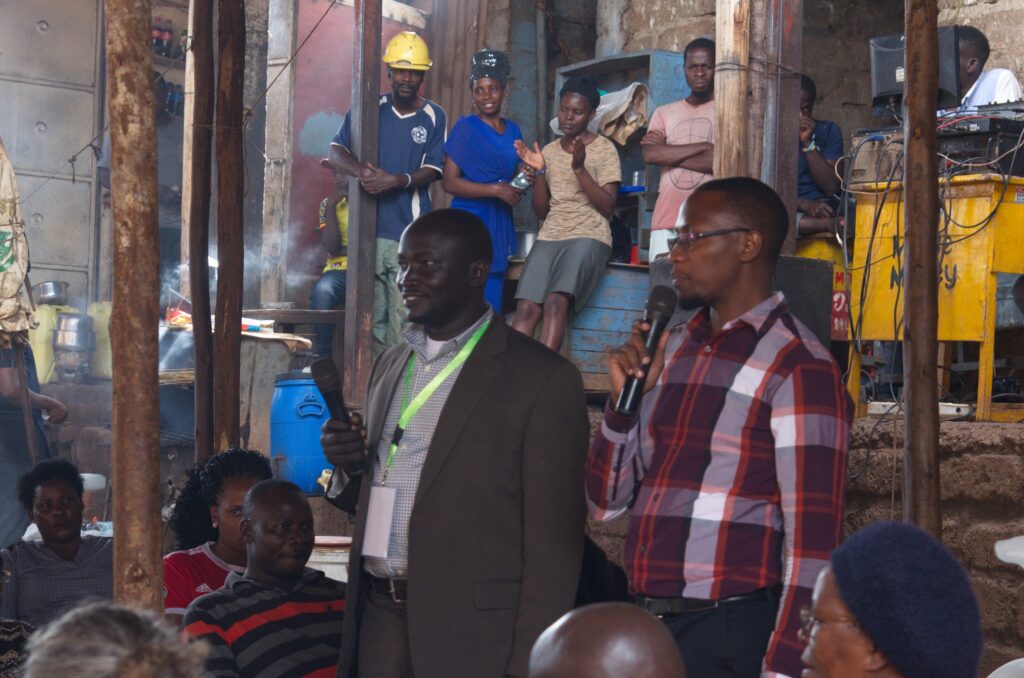
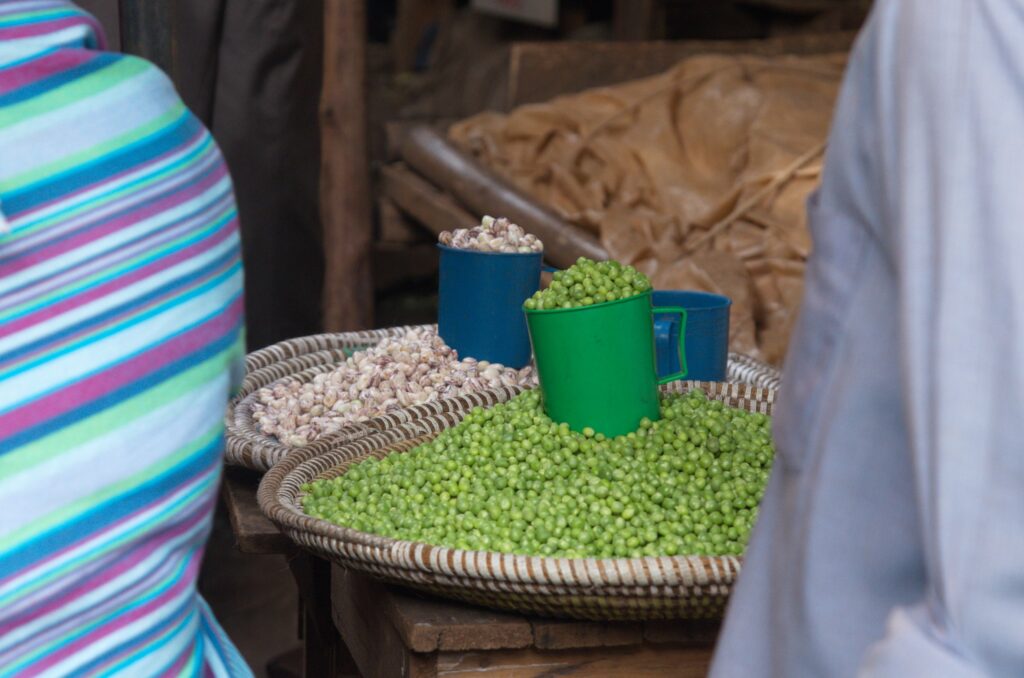
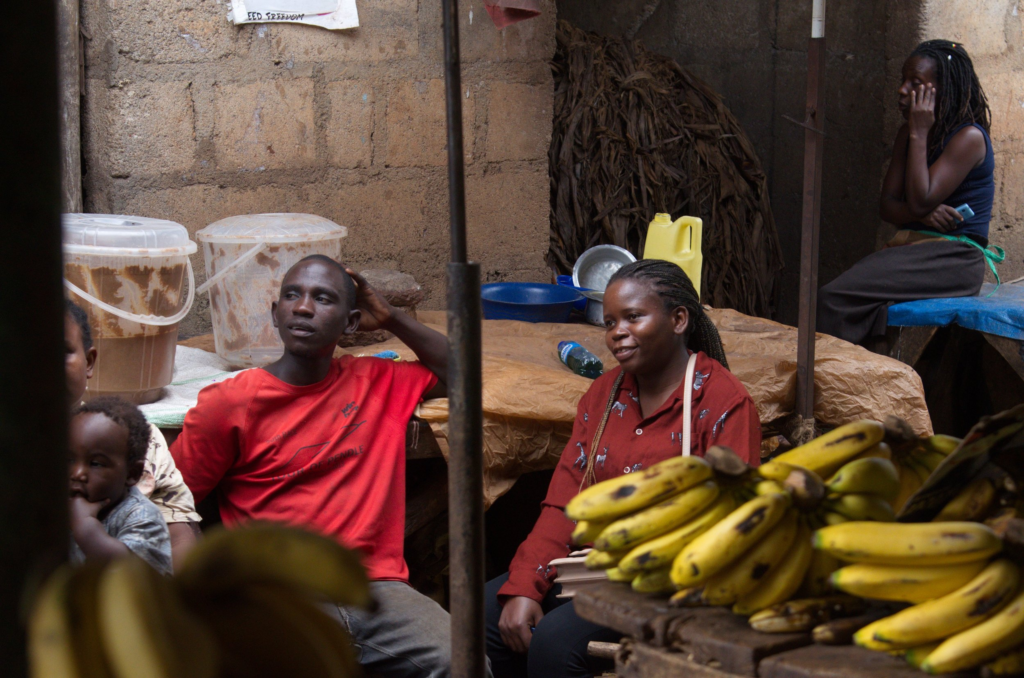
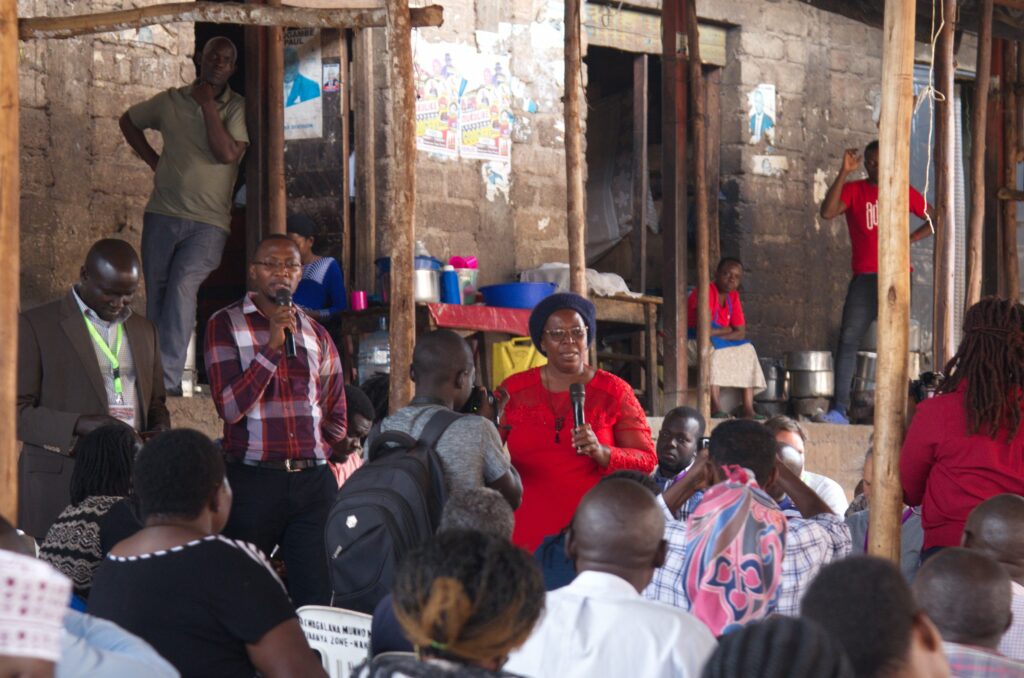
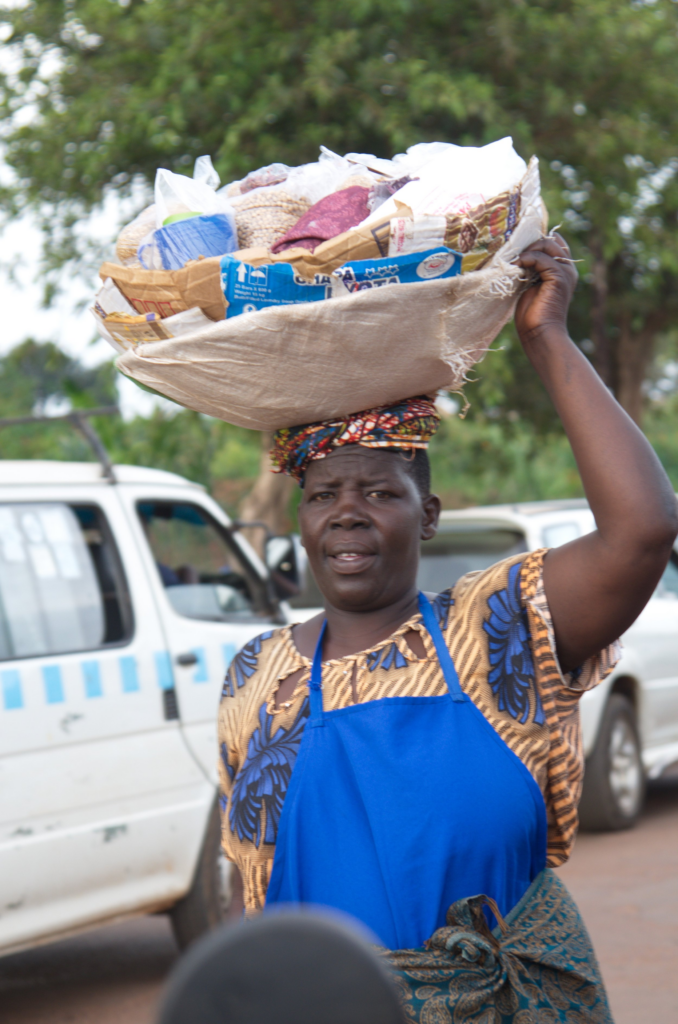
Agroecological entrepreneurship also contributes innovative solutions to these issues and more. The AAEC2022 hosted a vibrant exhibition of African agroecological entrepreneurs and initiatives. These dynamic startups market and distribute a wide variety of agroecological products like coffee, cacao, chia seeds, cassava flour, honey, spices, and more.
Young entrepreneurs were prominently present at the exhibition through the Youth in Agroecology and business Learning Track Africa (YALTA) initiative. Across Ethiopia, Kenya, Rwanda, and Uganda, YALTA has supported over 97 widely diverse youth-led agroecological enterprises, specialized in plant and livestock production, beekeeping, agricultural supplements, foodstuffs, and more.
Other enterprises like Evergreen Organics (South Africa) and Busaino Fruits & Herbs (Uganda) produce agricultural inputs such as organic fertilizers, feeds, pest-management solutions, and seeds.
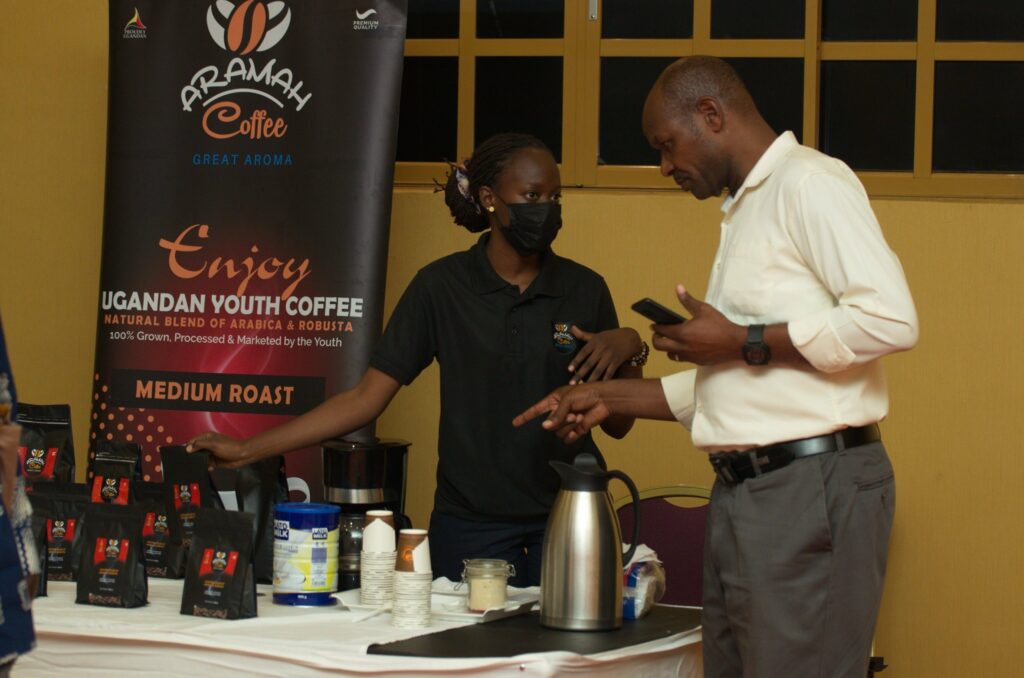
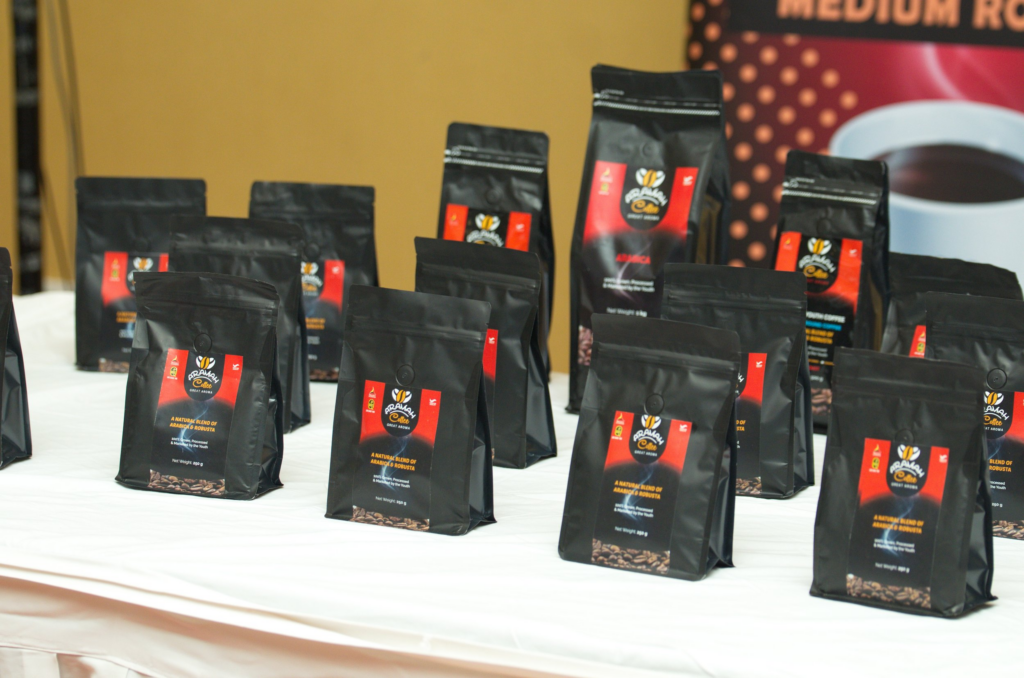
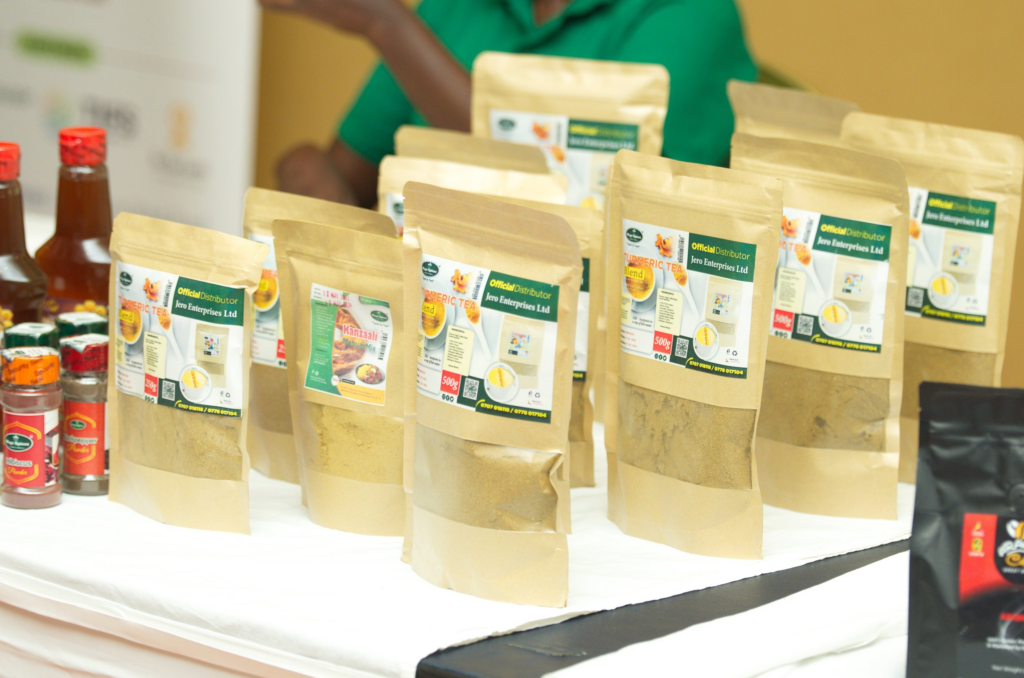
African Entrepreneurship #AAEC2022
Photo credit: AFSA
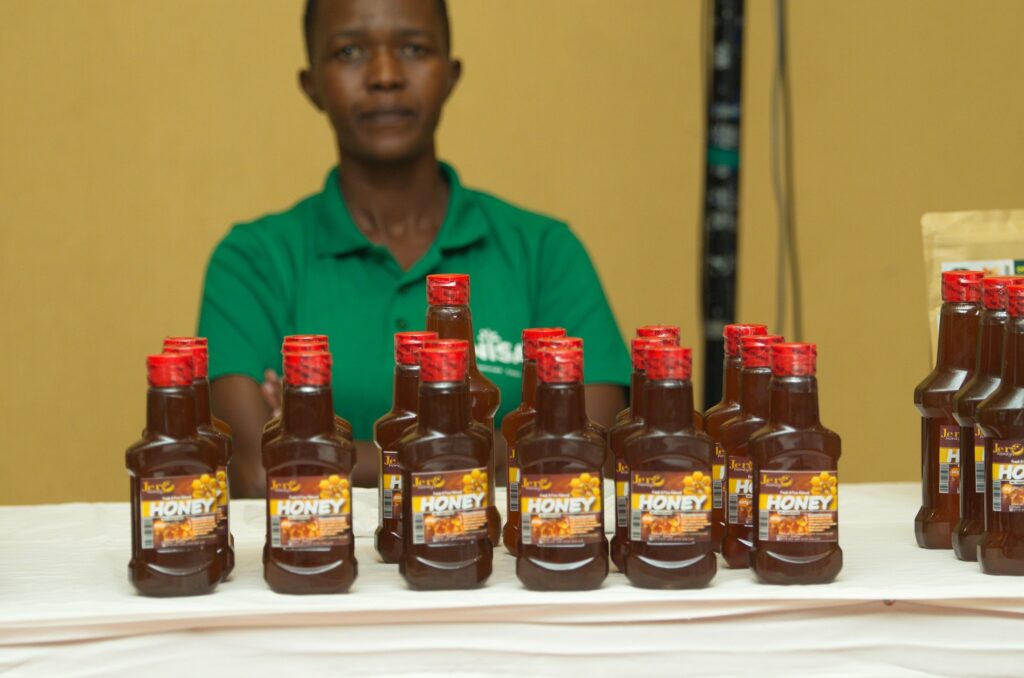
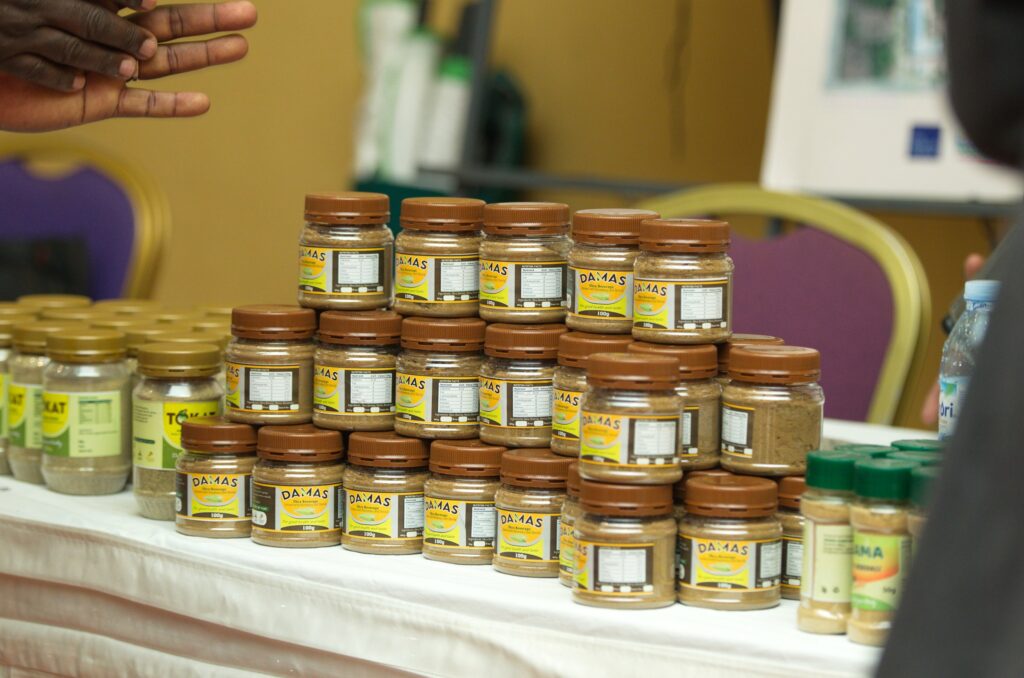
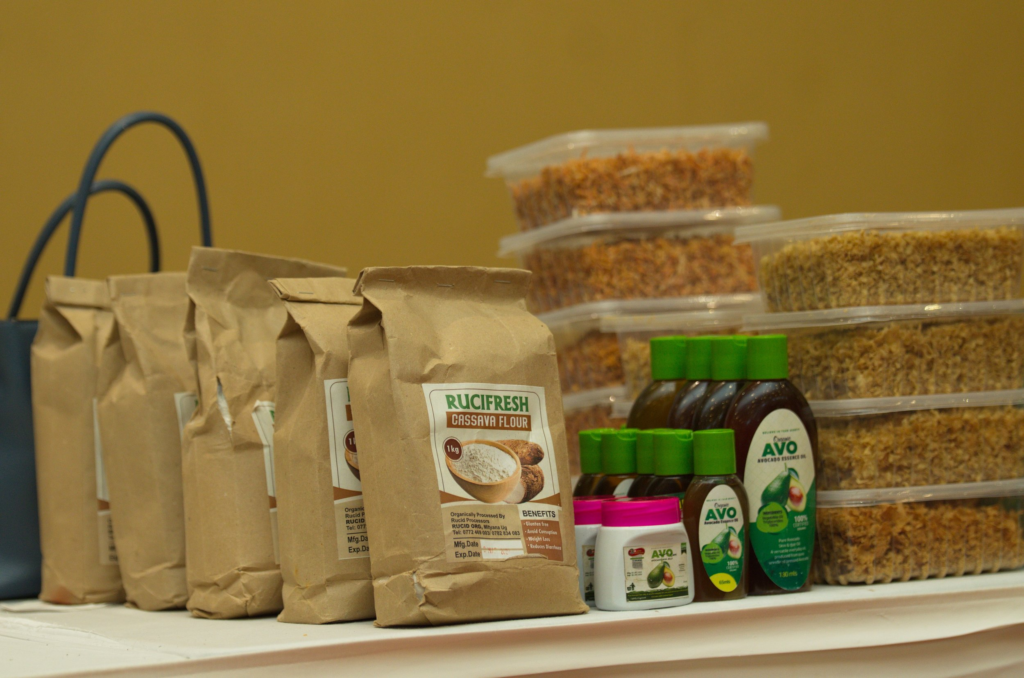
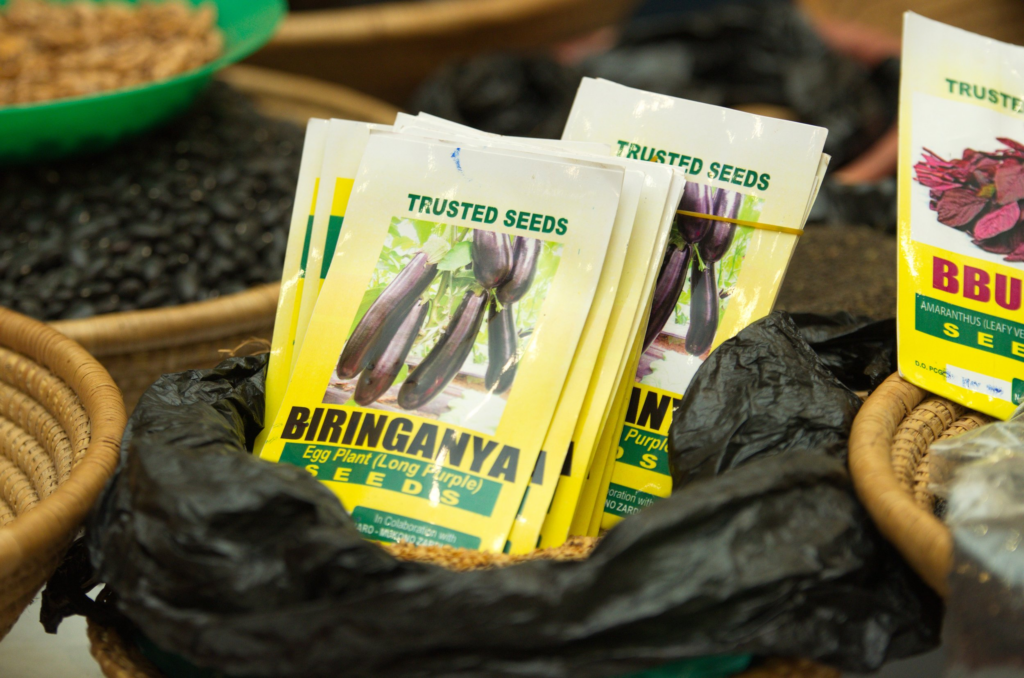
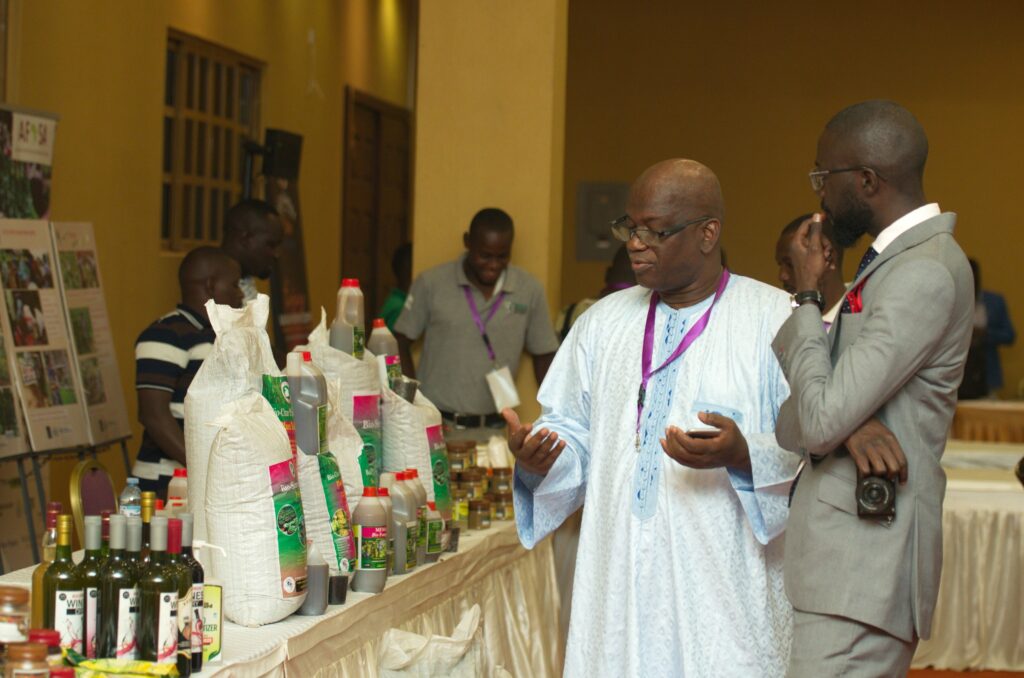
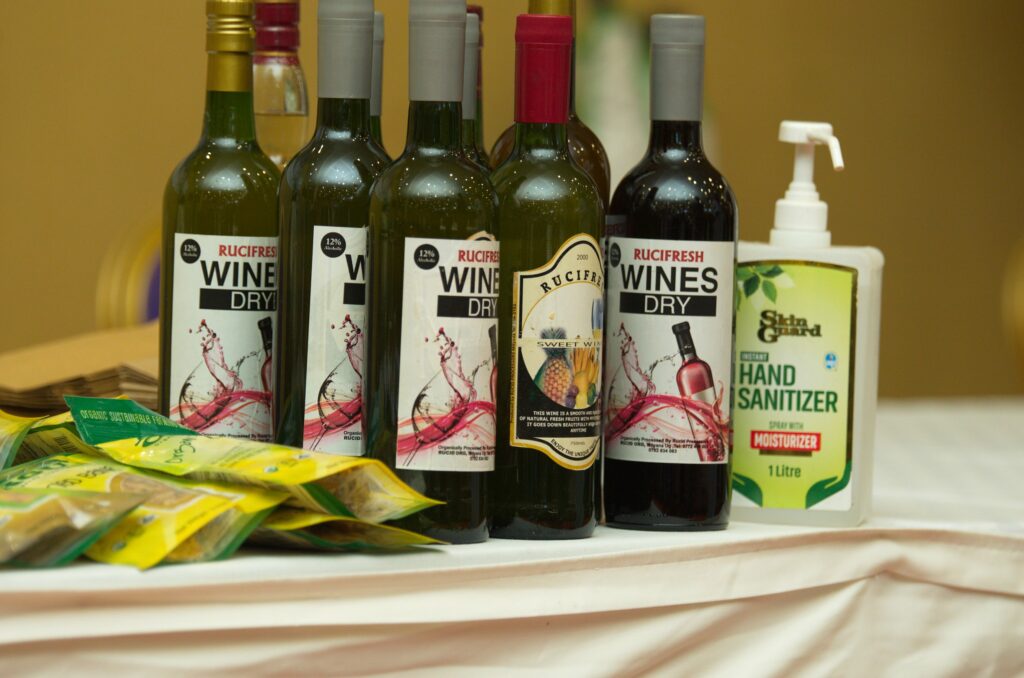
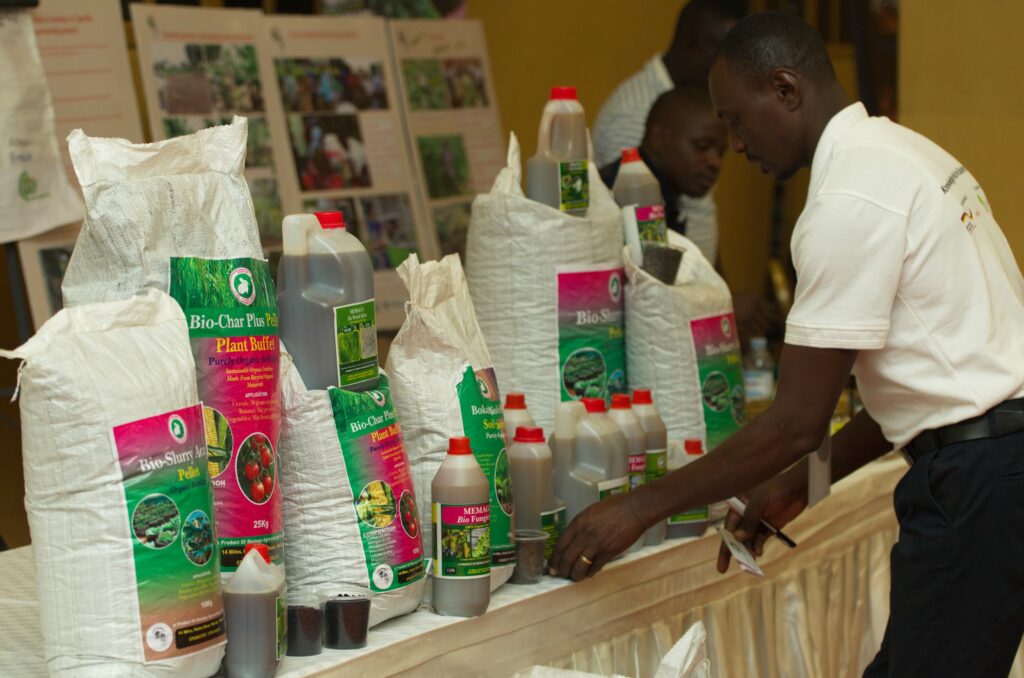
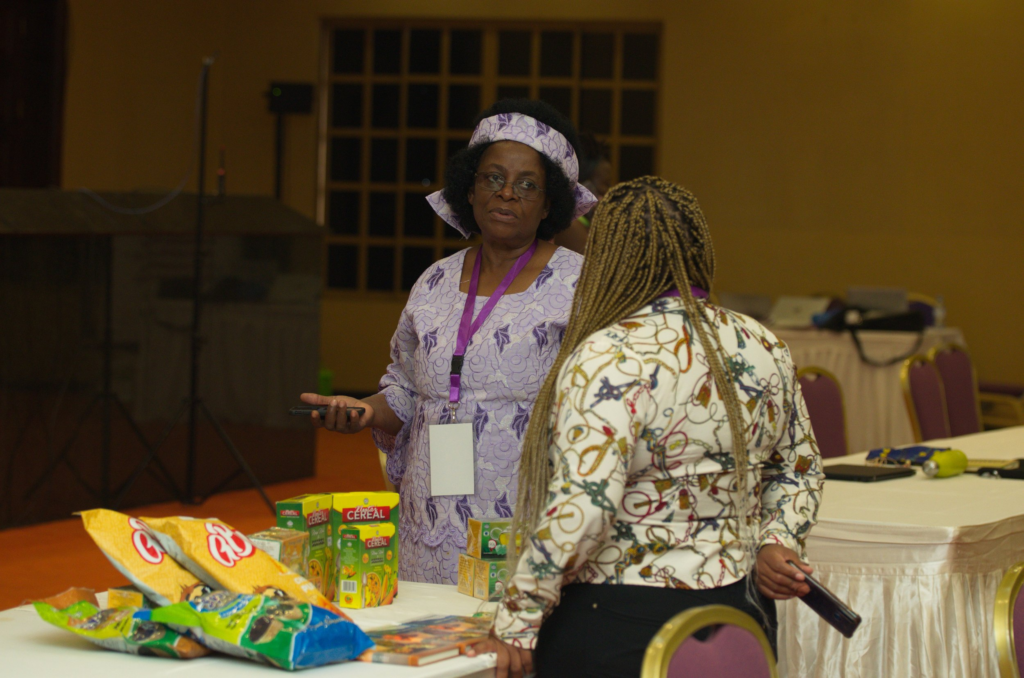
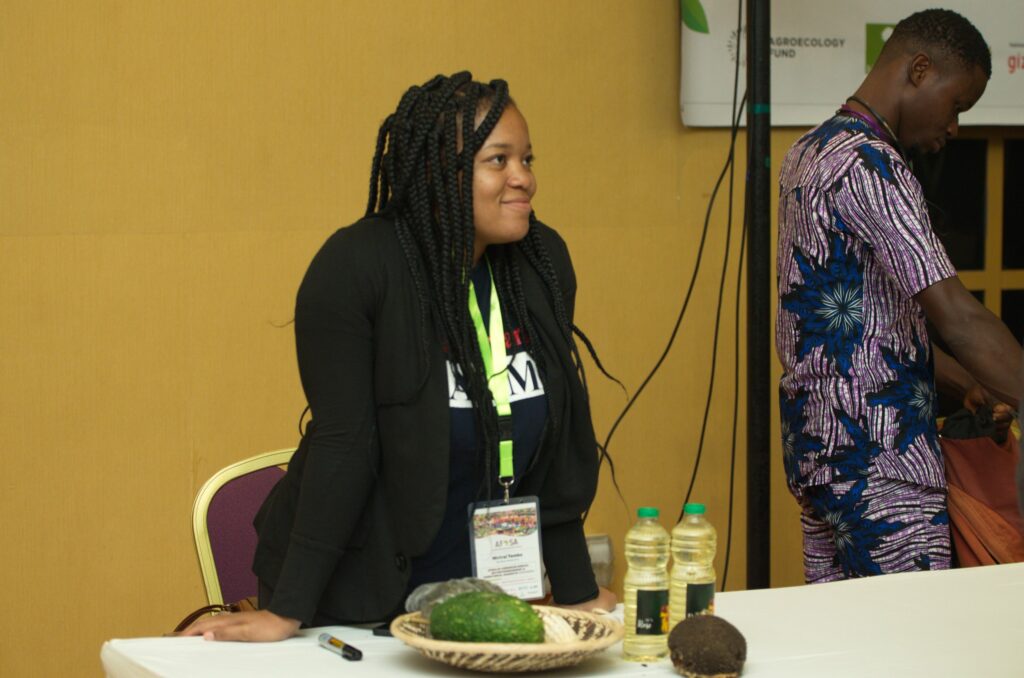
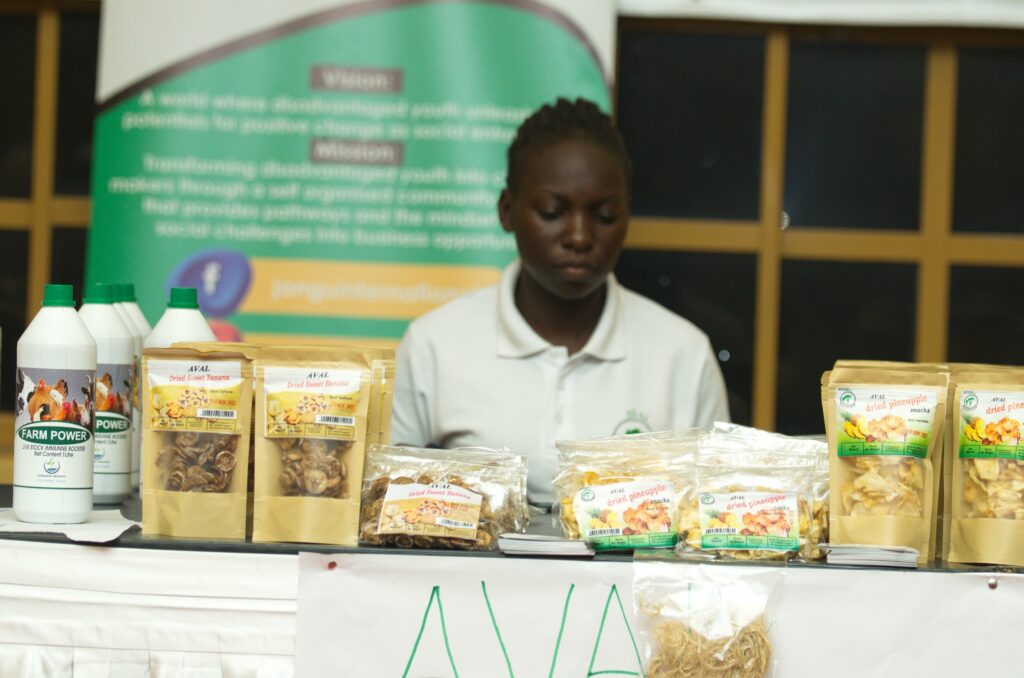
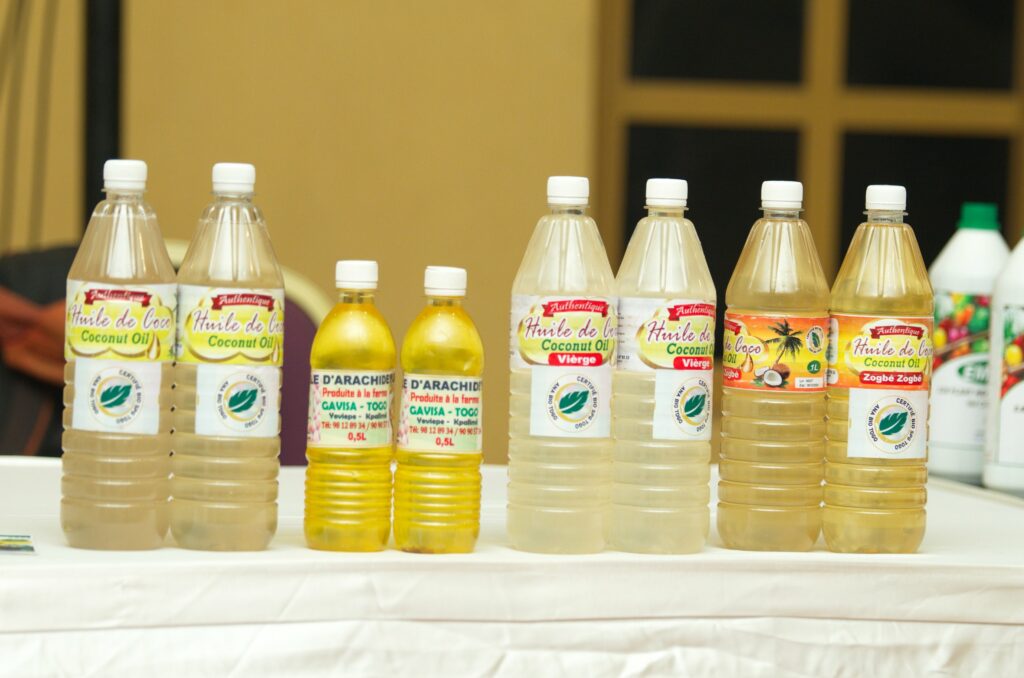
Making headway toward the top
For many, the last day of the #AAEC2022 was a special occasion to rejoice.
Indeed, in his closing statement, Hon. Bwino Fred Kyakulaga, Uganda’s Minister of State for Agriculture, reaffirmed his belief in the cause of the convening. “I commit myself to be the champion in linking you to the government of Uganda. It is my sincere hope that the commitments read out here will translate into action,” he stated.
He underlined the bottom-up and territorial approach of agroecology, which distinguishes it from other “prescriptionist” approaches to sustainable development. This, he appreciated, empowers producers and communities, especially women and youth, as key agents of change.
From farmers, entrepreneurs, and activists, all the way to government officials, Africa has spoken. The rebirth of agroecology is underway. The missing link – ensuring comprehensive implementation of a radically reformed food system – now hinges on a powerful social movement to articulate its bold vision and hold public officials accountable.
